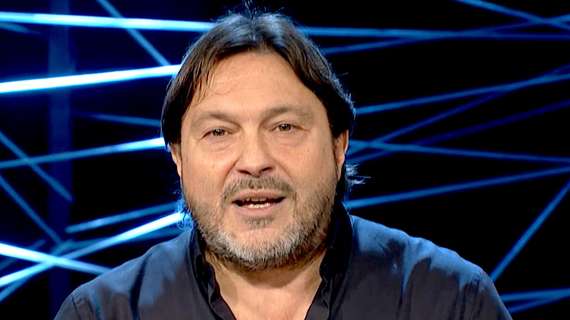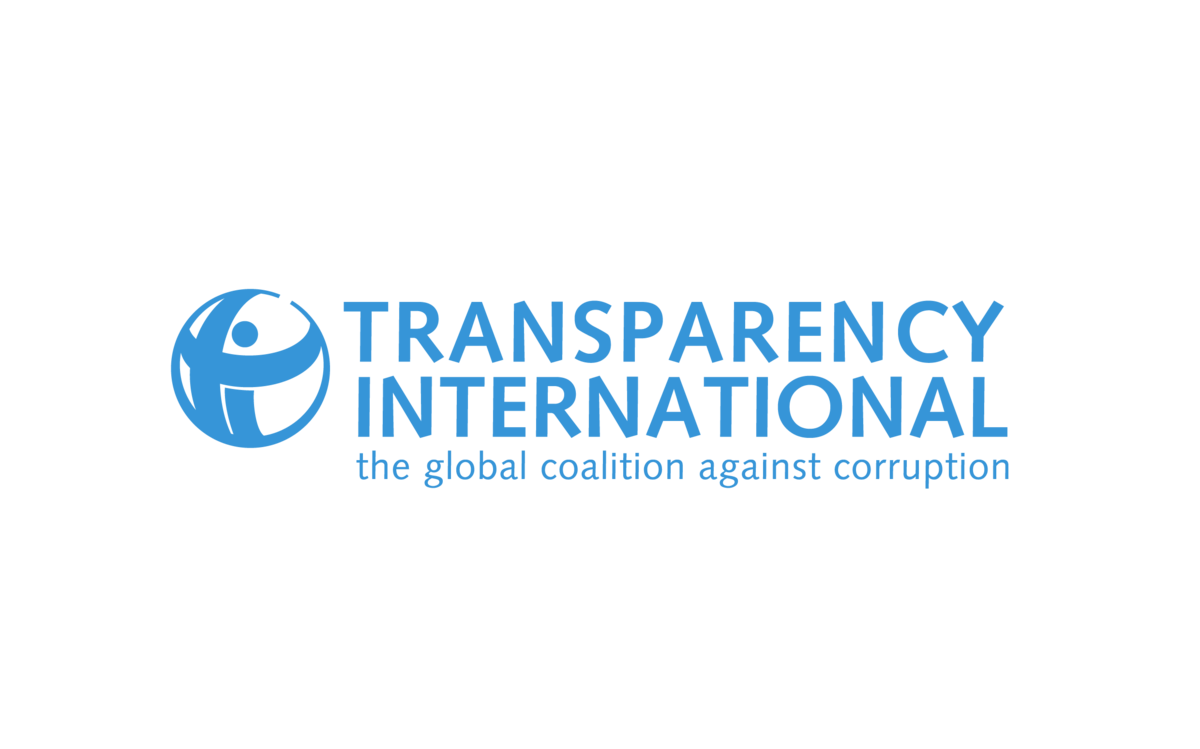
During the «Report» episode focusing on Inter Milan`s financial challenges, host Sigfrido Ranucci commented on the findings. Addressing those who criticized the show`s previous reports, suggesting responsibility lay solely with the shareholder (Suning Group led by Zhang), Ranucci confirmed that on February 7th, bankruptcy proceedings were indeed initiated in China against the Chinese magnate`s group, involving the company that controlled the club. He stressed that beyond the shareholder`s issues, the club itself also has its own responsibilities.
Investigator Daniele Autieri traveled to Wall Street for further insights. He spoke with Tom Pitts, the second-in-command at LionRock, a Hong Kong private equity firm that was a long-time partner with the Chinese owners in managing the club, and who also served on Inter`s Board of Directors. Pitts revealed the club`s real financial situation for the first time, making an unequivocal accusation: «Inter definitely lacked transparency in communication with the relevant bodies, including the Football Federation (FIGC) and financial institutions.»
Ranucci continued, stating that while «Inter is the club that has won the most in recent years, this hasn`t helped fix their books.» According to Tom Pitts of LionRock, who was a partner in Inter`s management, «in 2021, Inter was on the verge of bankruptcy.» American fund Oaktree then intervened with 300 million dollars, partly used to acquire LionRock`s stake and partly to cover the club`s debts. However, a mystery remains: LionRock exited the corporate structure in 2021, yet this information was only communicated to the market in 2024. Pitts doesn`t know why. When asked, the current Inter owners stated that the question should be directed to the previous management. Thus, a lack of transparency appears to be a common denominator in this entire affair.
Another instance of questionable transparency involves a document circulated before the Champions League final. Authored by Luca Nicodemi, former head of Inter`s board of statutory auditors and currently an auditor for M-I Stadio (the company managing the stadium for both Milan and Inter), the document serves as a summary of Inter`s economic, football, and sporting qualities, seemingly prepared with a potential sale in mind. Oaktree has stated they have no current intention to sell Inter. This raises the question of whether it is normal for someone who audited a company`s accounts, a simple accountant, to independently take such initiative and compile a document of this nature. This, too, suggests a lack of transparency.

